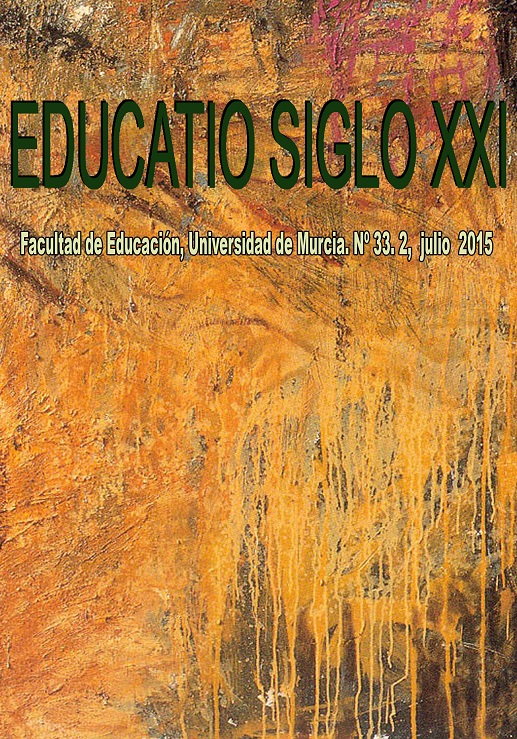The education of young people of Senegalese origin in Spain
Abstract
This research arises from the concern experienced by the Association of Senegalese immigrants after observing the values, the habits and the attitudes which young second-generation Senegalese are acquiring.
In order to address this problem, the following objectives were identified: the demands of Senegalese families to the Spanish education centres; the values, habits and attitudes which young secondgeneration Senegalese youngsters should keep; which of those values, habits and attitudes might be defined in collaboration between the school an the Senegalese community; and, finally, the identification of school/family strategies which foster the integrations of these youngsters.
The nature of these objectives leads to the design of an ethnographic piece of research carried out in the Senegalese immigrant associations and ethnic shops located in Andalusia. We have carried out sixty-one semi-structured interviews, two discussion groups and also participating observation.The conclusions indicate the need to create positive spaces for socialization at schools between families and the teaching community so that proper values, habits and attitudes can be fostered in order to prepare students to become good citizens in the Senegalese community and the host society and encourage the positive acquisition of acculturation processes.
Downloads
-
Abstract464
-
PDF (Español (España))413
Original work publishes in this journal is subject to the following terms:
1. Murcia University Press (the publishing house) holds the copyright of the publishes work, and favours and allows their reutilization under the use license stated in point 2.
© Servicio de Publicaciones, Universidad de Murcia, 2015
2. Work is published in the electronic edition under a license (Creative Commons Reconocimiento-NoComercial-SinObraDerivada 4.0 España (legal text). They can be copied, used, disseminated, transmitted and publicly presented, as long as: i) authorship and original publication source is acknowledged (journal, publishing house and URL of the work); ii) are not used for commercial purposes; iii) the existence and specifications of this use license is stated.
3. Conditions for self-archive. Authors are allowed and encouraged to disseminate electronically the pre-pint (before review) and/or post-print (accepted for publication) versions of their work before their publication since that favours earlier circulation and dissemination resulting in an increased chance for the authors to be cited and for the work to reach a bigger share of the academic community. Colour: RoMEO: green.








